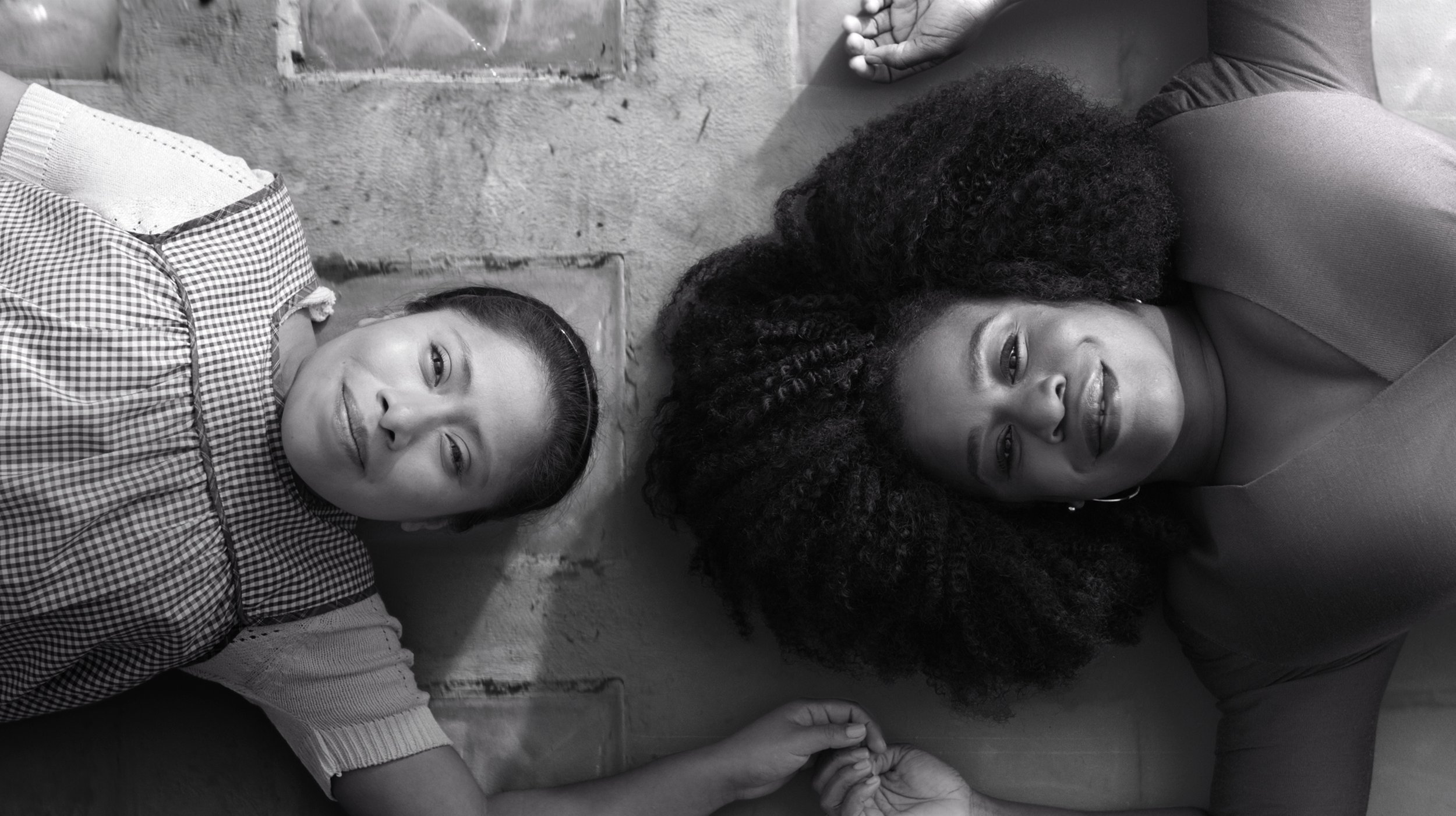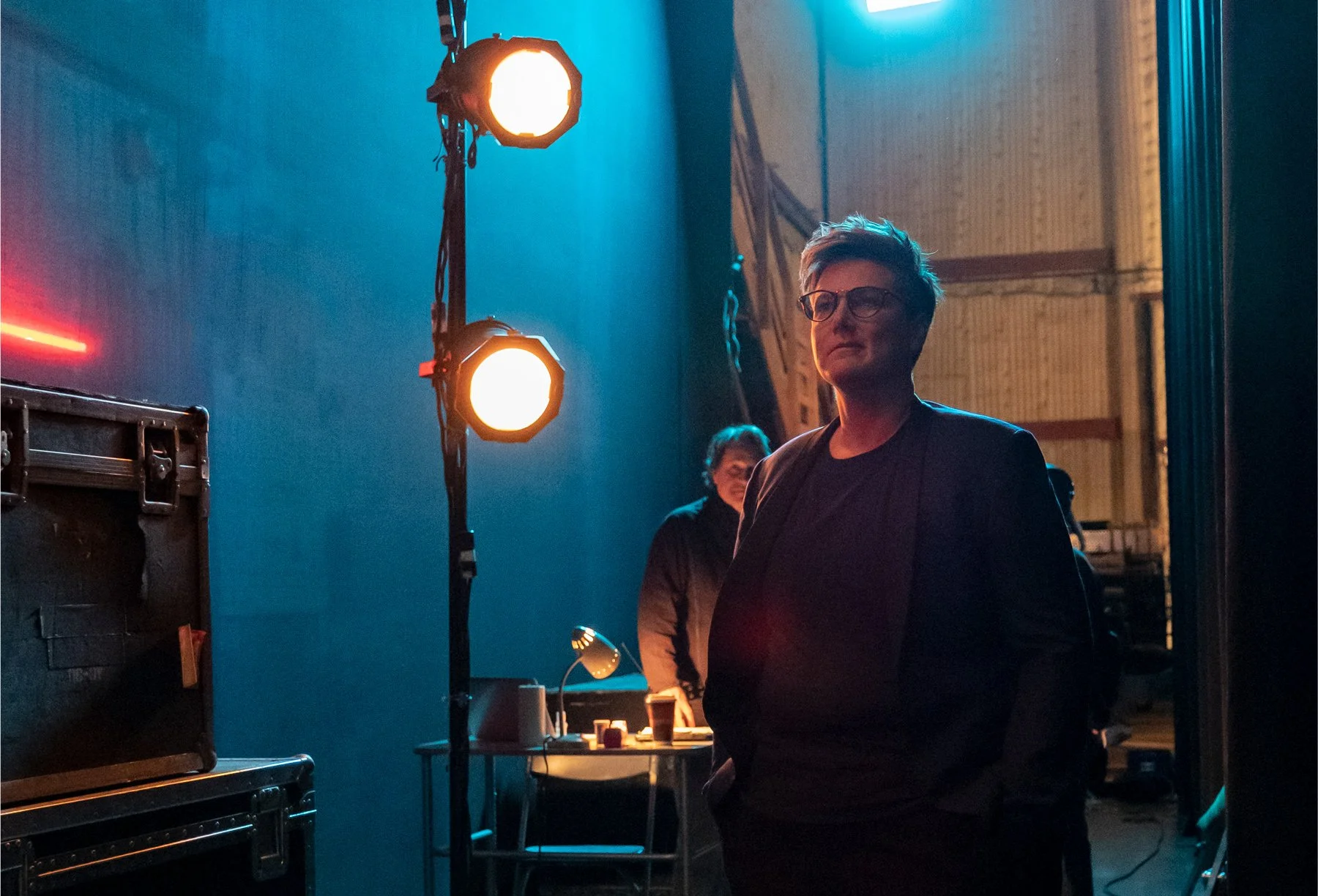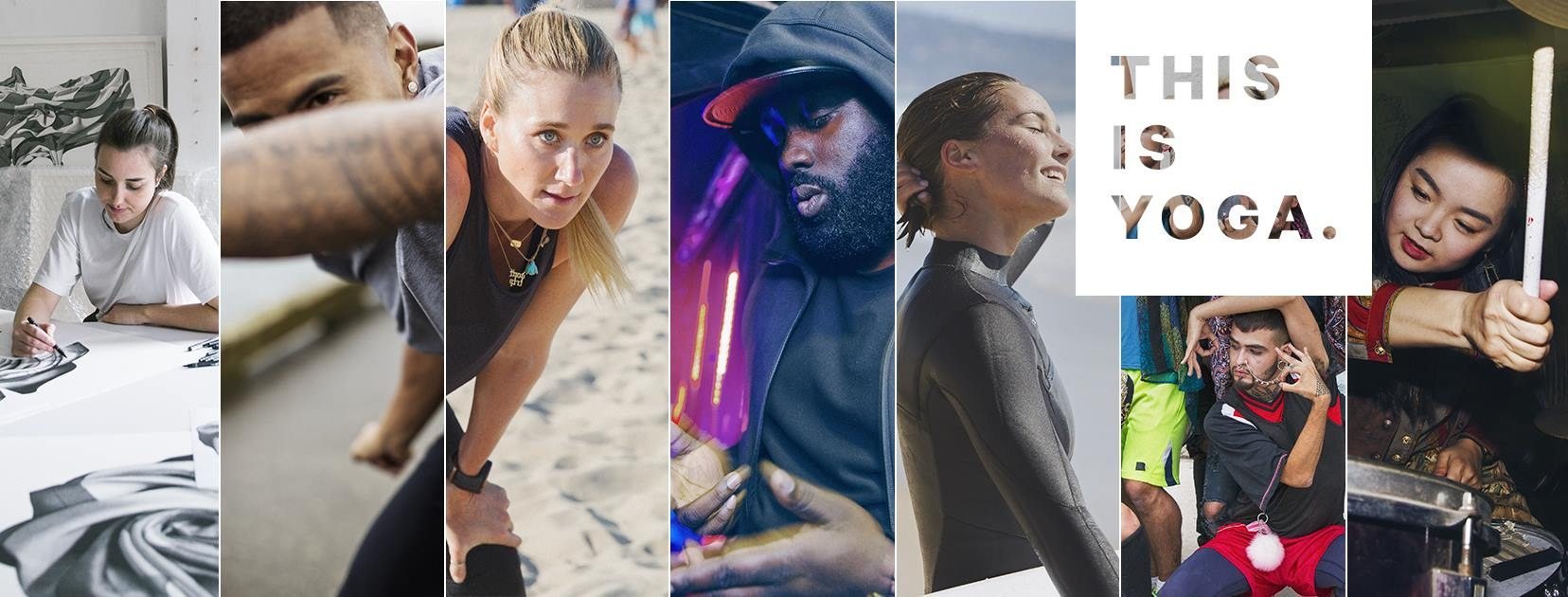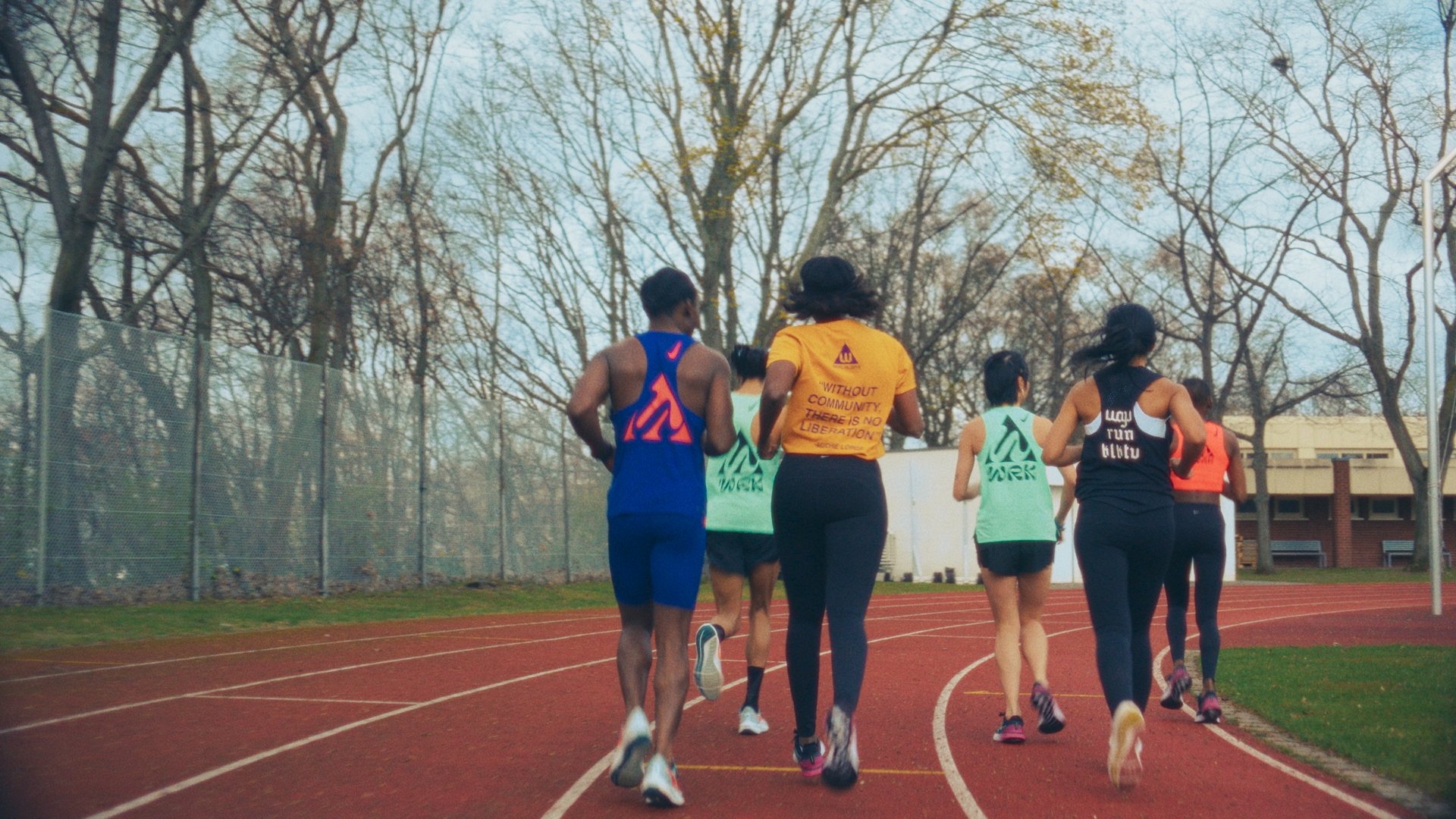
Netflix
Diversifying Netflix’s content strategy.
How will Netflix continue to grow brand love in the increasingly competitive and cluttered entertainment industry? In 2018, faced with growing competition from Disney, Apple, and other streaming platforms, Netflix needed to redefine who it was, beyond being a streaming giant with endless content.
This project started out with identifying a unique global brand positioning for Netflix, and identifying cultural challenges and opportunities for the brand, like moving into theme parks and sports. It also revealed a key brand pillar: commitment to diversity and inclusion. Under the big idea of “Make Room,” we launched a social film for Oscars 2019 (before George Floyd’s murder) that celebrated underrepresented voices—women, people of color, LGBTQIA+ individuals, and others—and put a stake in the ground for Netflix’s creativity, vision, innovation, and disruption in storytelling. The campaign featured talent like Uzo Aduba, Hannah Gadsby, and Yalitza Aparicio, and was made by diverse teams, including a female-led production company and a black director. More than just being about talk, “Make Room” modeled actionable change, reflecting Netflix’s vision to disrupt not only entertainment but also the systemic barriers in the industry, proving that diversity is not just good ethics—it’s good business.
Strategic Brand Positioning
Qualitative & Quantitative Research
Brand Architecture
Mission, Vision & Values
Brand Pillars
Workshops
Creative Strategy
Cultural Strategy
Big Ideas
Brand Platform
Tone of Voice
Creative Direction
Naming
Art Direction
Copywriting
Brand Film
Commercials
Results:
Most successful (earned media) campaign
9.5M+ total organic impressions
Won multiple industry awards
The Film
Recognition
MORE projectsGrowing a brand, and profits, beyond your niche.
The data privacy startup making AI work for you.
A pioneering brand disrupts its category once again.
Championing safer running communities.











